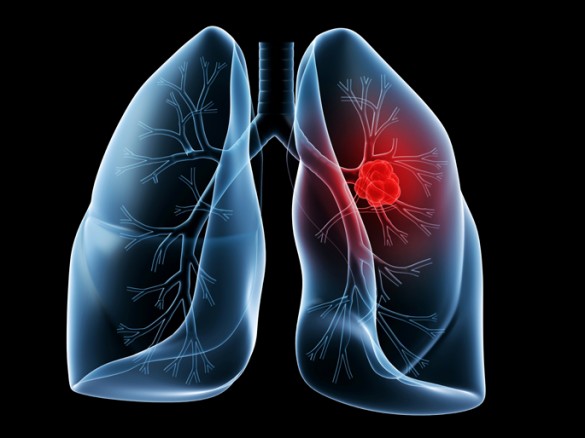Recruitment has begun for a national, multisite Department of Veterans Affairs (VA) study that seeks to expand lung cancer screening eligibility, reduce the time to lung cancer diagnosis, and increase veteran engagement.

Jennifer A. Lewis, MD, MS, MPH, assistant professor of Medicine, is the principal investigator of the MAS-EXPAND study that is being conducted at seven VA Medical Centers across the nation. Vanderbilt University Medical Center and the VA Tennessee Valley Healthcare System will serve as the coordinating center. In MAS-EXPAND, a prospective cohort of veterans including those with military toxic exposures, such as burn pits, will be screened annually with low-dose chest CT to detect lung cancer and other disease early. A second aim (in a select Nashville subgroup) will test whether the combination of a blood-based biomarker and radiomics can expedite lung cancer diagnoses with fewer biopsy procedures. Radiomics utilizes digital data from medical images with algorithms to reveal cancerous tumors that cannot be discerned by the human eye.
“This is an important opportunity to evaluate early lung disease and cancers in veterans who experienced combat-related toxic exposures,” said Lewis.

The study is supported by a $1.2 million Veterans Affairs Merit Award supplemented by an $827,742 grant from the Bristol Myers Squibb Foundation. Lewis and Lucy Spalluto, MD, MPH, professor of Radiology, are co-principal investigators of the Bristol Myers Squibb Foundation award that increased the number of study sites from three to seven and added additional sub-studies on influencing veteran engagement.
Researchers will pilot test veteran-centric tools to increase engagement in lung screening.
“I look forward to working with veterans from across the country, including those from groups often underrepresented in research, to partner in developing methods to increase awareness and uptake of lung cancer screening,” said Spalluto.
The study sites are in Nashville, Louisville, Denver, Chicago, Kansas City, Salisbury, N.C., and Seattle. The study is a collaborative project with the MASLab at Vanderbilt-Ingram Cancer Center, which was founded by Pierre Massion, MD, a world-renowned expert on improving early detection for lung cancer, who died in 2021. The lab and the study are named in his memory.

















